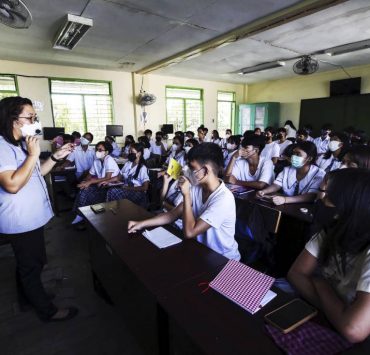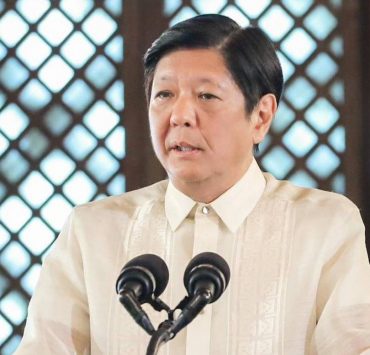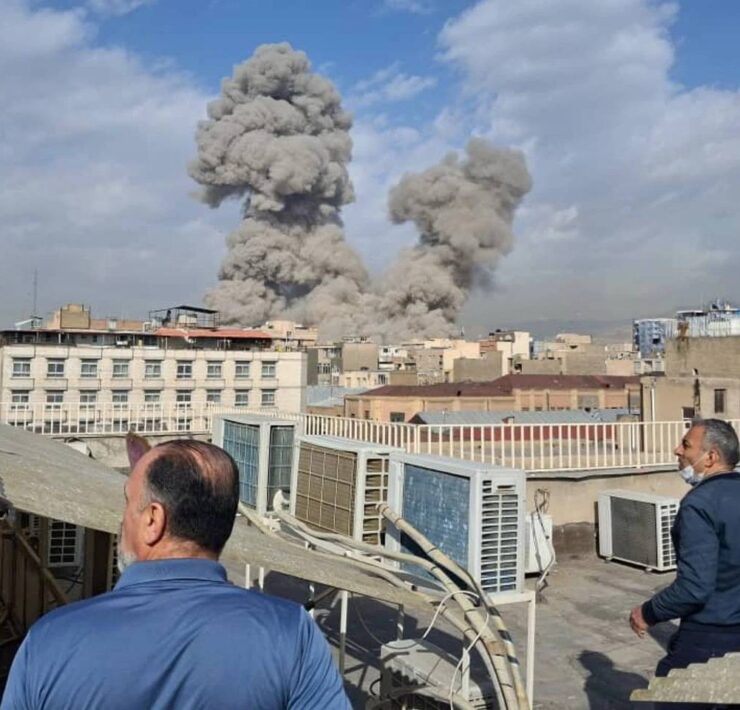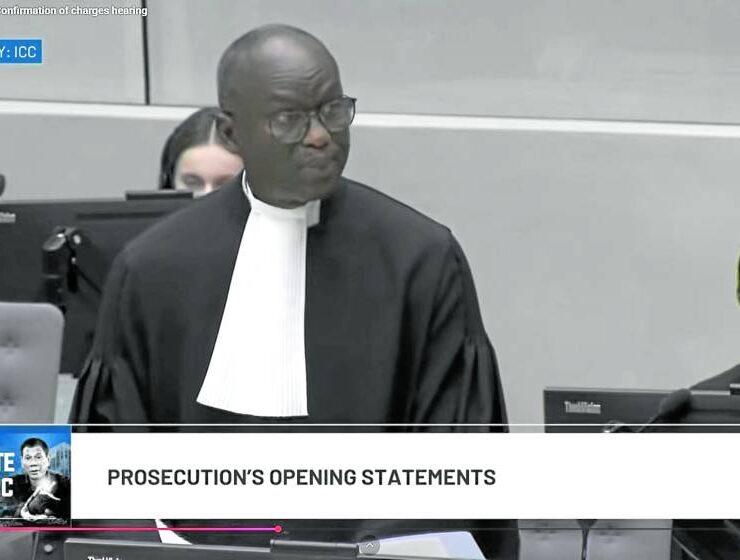Davao City tops in tax collections
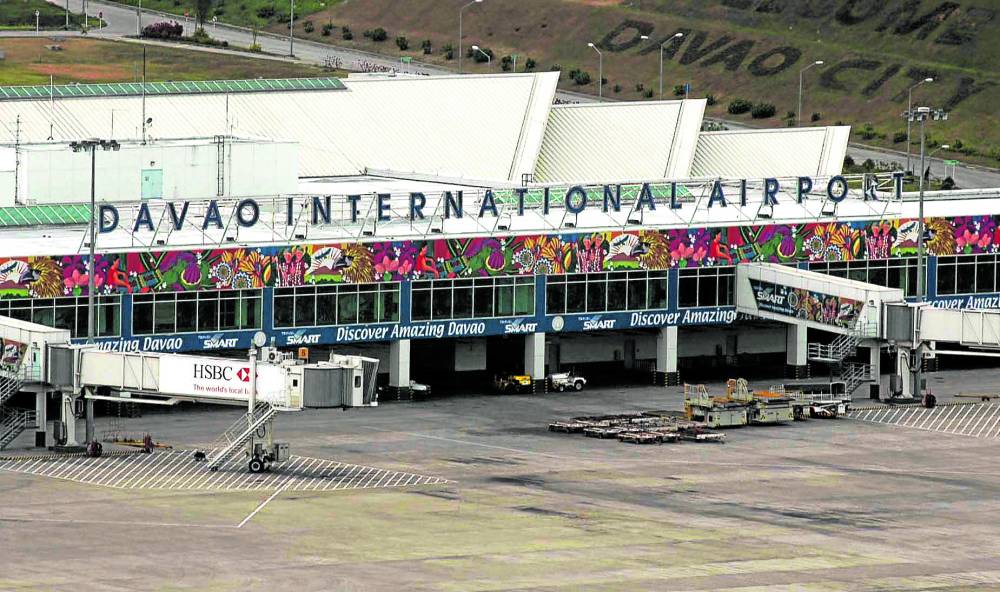
Davao City became the top local government outside of Metro Manila with the highest locally sourced tax take, amassing P6.67 billion in revenues.
According to data obtained by the Inquirer, Davao City had the highest tax collections with P6.67 billion last year, up by 10.9 percent from P6.02 billion recorded in 2022. Coming in second was Cebu City with P4.70 billion, which saw an increase of 15.3 percent in 2023 from P4.07 billion in the previous year.
Completing the ten cities with the most taxes generated are Santa Rosa City with P3.95 billion collections last year, up by 19.5 percent from P3.31 billion.
This was followed by Calamba City at P3.57 billion, Cagayan de Oro City (P3.13 billion), Batangas City (P2.73 billion), Antipolo City (P2.56 billion), Rizal Province (P2.50 billion), Iloilo City (P2.47 billion) and Mandaue City (P2.42 billion).
Bureau of Local Government Finance (BLGF) Executive Director Consolacion Agcaoili attributed the higher local government tax take to updated revenue ordinances and schedules of market values, adoption of fees and charges toolkit, effective tax campaign, efficient collection and adoption of innovative strategies.
“Likewise, more provinces and cities have updated their schedule of market values, increasing real property tax collections,” Agcaoili told the Inquirer.
Wealthiest PH cities
Thirteen provinces and cities joined the ranks of local governnments with more than a billion pesos in tax collections. Camarines Sur led the list this year, collecting about P1.34 billion, followed by Negros Occidental with P1.26 billion, Limay, Bataan with P1.17 billion and Mariveles, Bataan with P1.16 billion.
Zambales province and Calaca City also recorded P1.16 billion and P1.14 billion, respectively.
The increase in local tax collections should reflect a proportional increase in a local government’s asset values, but the Commission on Audit (COA), which released the data in October last year, has not yet released its list for 2023.
In 2022, the COA tagged Quezon City as the wealthiest city in the country despite a decrease in asset value from P451.007 billion in 2021 to P443.406 billion in 2022.
It was followed by Makati City with total assets of P239.476 billion, Manila (P77.506 billion), Pasig City (P52.152 billion), Taguig (P40.840 billion), Mandaue (P34.231 billion), Cebu City (P30.545 billion), Mandaluyong (P32.550 billion), Davao City (P29.701 billion) and Parañaque (P27.376 billion).
Richest provinces
According to the 2022 COA report, which included 81 provinces, 147 cities and 1,487 municipalities, the country’s wealthiest provinces in asset value are: Cebu with P235.738 billion in assets, Rizal P35.594 billion, Batangas P31.999 billion, Davao de Oro P23.107 billion, Ilocos Sur P21.562 billion, Bukidnon P21.058 billion, Iloilo P19.977 billion, Negros Occidental P19.419 billion, Cavite P19.342 billion and Pampanga P19.127 billion.
“This is a powerful testament to the improving governance, expanding financial capacity and growing fiscal independence of our local governments nationwide. This also means that the development of our economy is becoming more inclusive, and more Filipinos from different corners of the country are benefiting from the continued progress,” Finance Secretary Ralph Recto said in a statement.
In a separate statement last week, the Department of Finance said that the Local Governance Reform Project (LGRP) would ensure the smooth implementation of the Real Property Valuation and Assessment Reform Act (RPVARA).
With the RPVARA, the government aims to attract more investments and boost local revenues.
Additionally, a data sharing agreement was signed between relevant government offices and local governments to facilitate the creation of the Real Property Information System and other digitalization systems associated with the LGRP as it aims to build a comprehensive database system, enhancing the ease of dwoing business and strengthening data-sharing with the Bureau of Internal Revenue to improve tax administration.














